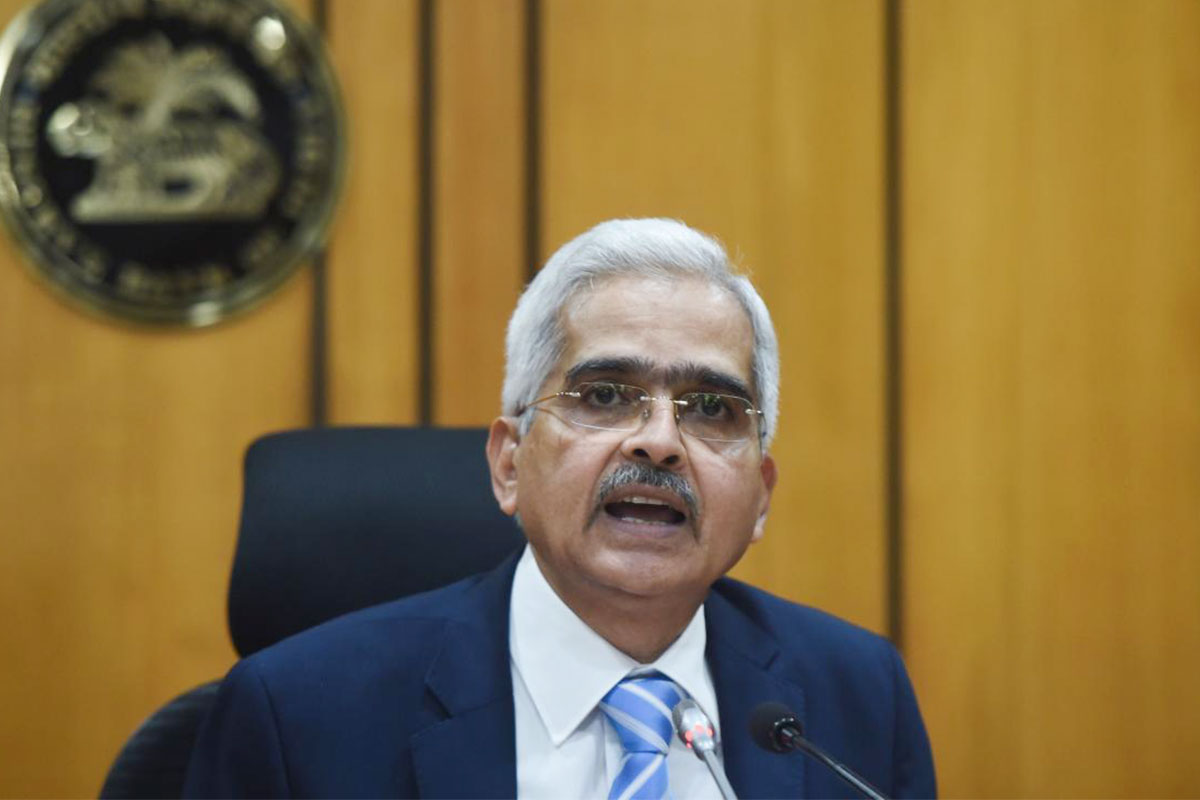
RBI Governor Shaktikanta Das said that to reduce inflation, the central banks of the world have increased interest rates. Due to this, a reduction in economic activity or less availability of funds for lending has increased the risk of recession. However, the situation in India is quite different and there is no possibility of a recession here.
Speaking at the annual conference of RBI's Department of Economic and Policy Research (DEPR), Das said inflation in advanced economies has been persistent rather than temporary. The dollar strengthened on an aggressive interest rate hike by the US central bank, the Federal Reserve. He said that the average inflation from June 2016 to February 2020 has been 3.9 percent. It was an issue of research at that time that due to what reasons inflation remained under control at that time. Earlier, the governor had said that RBI is working with the government to control inflation. The central bank has tried to reduce inflation by increasing the repo rate, while the government is increasing the supply.
The growth rate will be up to seven percent in 2023-24: Rajeev Kumar
Amid rising apprehensions of the world going into recession, former Vice Chairman of NITI Aayog Rajiv Kumar said that India will remain untouched by it. Although the Indian economy may be affected by uncertain global conditions, domestic GDP will grow at a rate of six to seven percent in 2023-24. He said that the economies of America, Europe, Japan, and China are coming down. In such a situation, this situation can lead the global economy toward recession in the coming months. The good thing is that there is no such apprehension of recession in India. On the question of high inflation, he said that retail inflation would probably remain in the range of 6-7 percent for some more time. After that, it will start coming down after going to the peak.
On the impact of a falling rupee on the common man, he said the common Indian does not consume a large number of imported goods and services.
On India's growing trade deficit, said that export growth in October has been negative. In such a situation, it is clear that the country needs to pay policy attention in this area so that the export of both goods and services can be increased.
Banks increase EBLR by 1.9 percent with an increase in repo rate
With the increase in the repo rate since May this year, all major commercial banks have raised their external benchmark-based lending rates (EBLR) sequentially by 1.9 percent. However, banks have been slow in raising deposit rates. According to the central bank's article, banks have increased the EBLR by 1.9 percent from May till the end of October 2022. During this period, the marginal cost-based lending rate (MCLR) of the fund increased by 0.85 percent. This increase has happened for one-year MCLR. In comparison, the interest rates on fixed deposits have increased by a meager 0.48 percent. Banks have increased their wholesale deposit rates more than retail deposit rates.
Also Read: Cabinet Decision: Pension of freedom fighters doubled in Maharashtra, EWS reservation also approved
The video of IPS officer Anirudh Singh posted as SP Rural in Meerut taking a bribe went viral on
The recent Malayalam film 'Lokah: Chapter 1' is doing great at the box office. The film is being
A ship was recently rescued from pirates in the Arabian Sea by the Indian Navy. The efficiency an
DMK leader and Tamil Nadu minister Udhayanidhi Stalin told the Madras High Court in the controver
The lawyer of the accused in the murder case of a junior doctor at RG Kar Medical College in Kolk
US Ambassador to India Eric Garcetti has praised National Security Advisor (NSA) Ajit Doval durin
Dhruv Jurail took everyone's heart with his batting in Ranchi. In a difficult situation, Dhruv pr
Sri Lankan President Anura Kumara Dissanayake has thanked Pakistan Prime Minister Shahbaz Sharif
Free LPG Cylinder On Holi: Yogi government's gift on Holi, 1.86 crore families got free gas cylinder
Just before Holi, on Wednesday, the Chief Minister of the state Yogi Adityanath distributed a sub
Shiv Sena (Uddhav Balasaheb Thackeray) leader Sanjay Raut is often in discussion about his words.